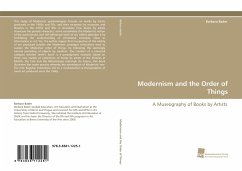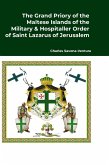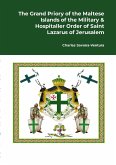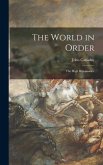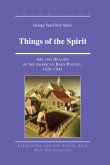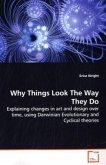This study of Modernist epistemologies focuses on books by artists produced in the 1960s and 70s, and their reception by museums and libraries in the 1970s and 80s. It elucidates how books by artists showcase the period's dialectics: some consolidate the Modernist notion of the autonomous and self-referential work of art; others abandon it by facilitating the understanding of immaterial concepts, ideas or information as art. Yet, the author argues that irrespective of the vitality of art produced outside the Modernist paradigm institutions tend to sustain the Modernist order of things, by following the seemingly natural parcelling of objects by medium. The creation of a universal category entitled artist s book is a paradigmatic example. Based on three case studies of collections of books by artists at the libraries at MoMA, the Tate and the Bibliothèque nationale de France, this book illustrates the wider process whereby the assimilation of Modernist 'mis-fits' into flagship institutions led to a fundamental re-interpretation of much art produced since the 1960s.
Bitte wählen Sie Ihr Anliegen aus.
Rechnungen
Retourenschein anfordern
Bestellstatus
Storno

